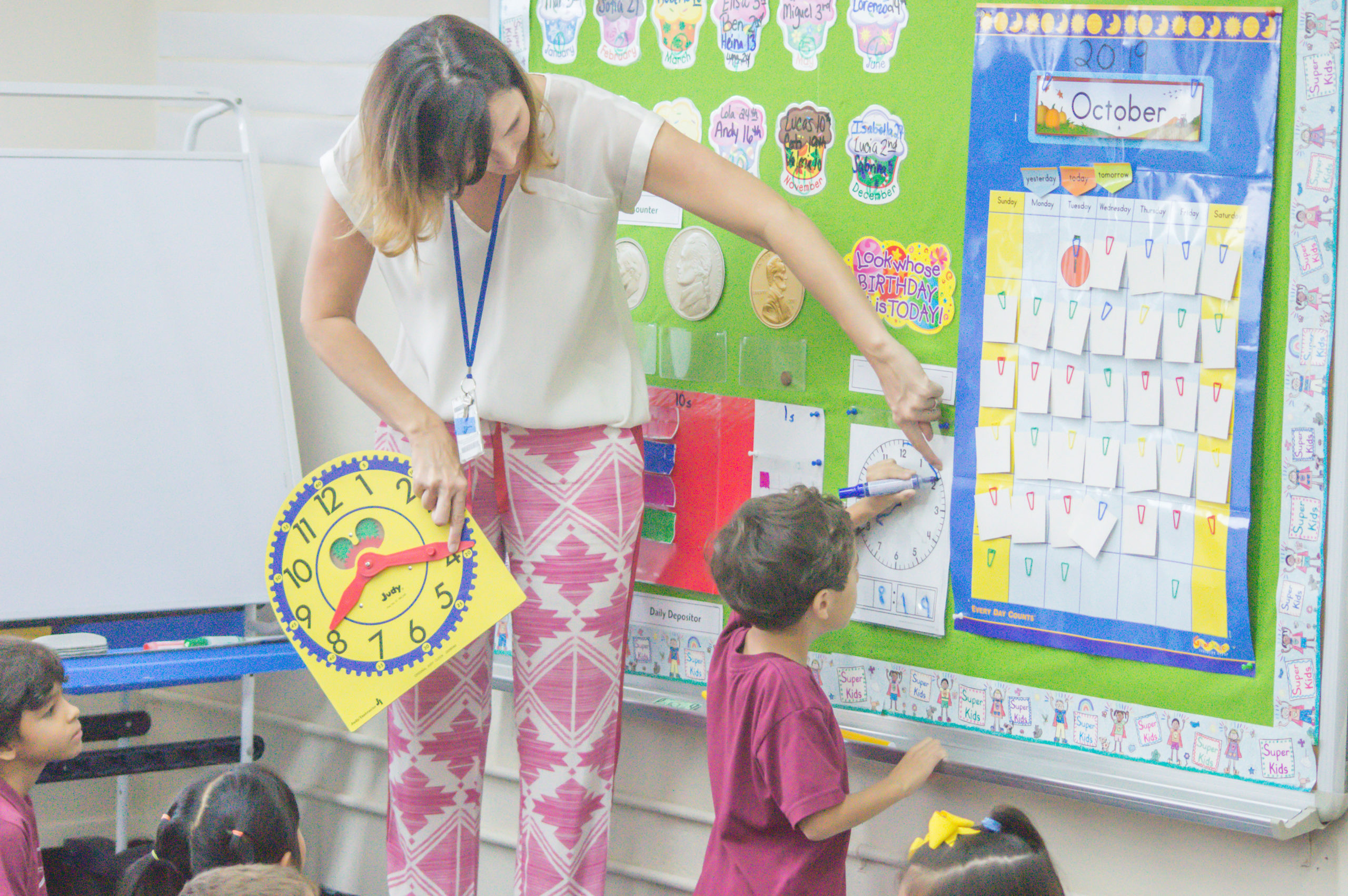Math
At Balboa Academy, we use a variety of research-based programs and strategies to teach mathematics classes daily, ranging from 45 minutes to 60 minutes a day in the elementary school. Teachers differentiate in their teaching of math instruction by offering station teaching, small group activities, and independent strategies. We also offer small group math support by our Educational Specialists for learners who need extra help, as well as, enriched math classes once a week in grades 1 – 4 for advanced learners.

